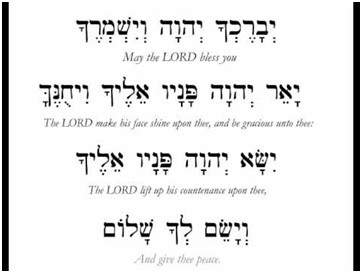Shlach
Dear friends,
Another wet and rainy Monday morning – our water bills are being subsidized this year! Many of us are enjoying our gardens with a little more attention as we stay home more than in past years. Some of us are first time gardeners (my brother in Calgary), and some of us have expanded our living space given over to growing vegetables and flowers and fruits of all kinds. Kestrel and Liza’s balcony spilleth over!



Korach
June 23, 2020 by Rabbi Lynn Greenhough • From the Rabbi's Desk Tags: korach •
Dear friends,
Again, mazal tov to Willem Hanevelt, Tyler, Katrina Greenfield and Jay Hanevelt from all of us at Kolot Mayim. What a wonderful simcha we witnessed on Shabbat morning this past week. I heard from several of you about how moving you found his ceremony – even on Zoom!More